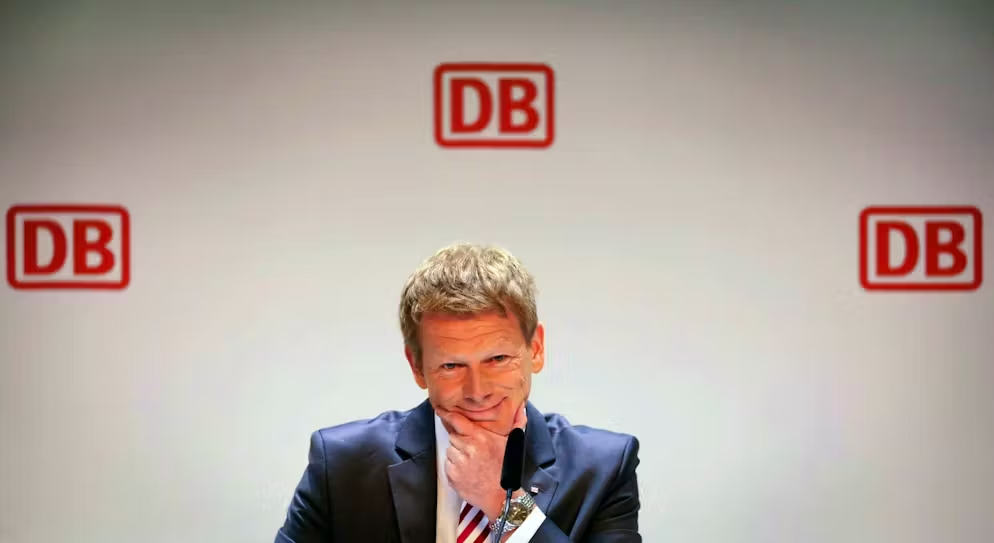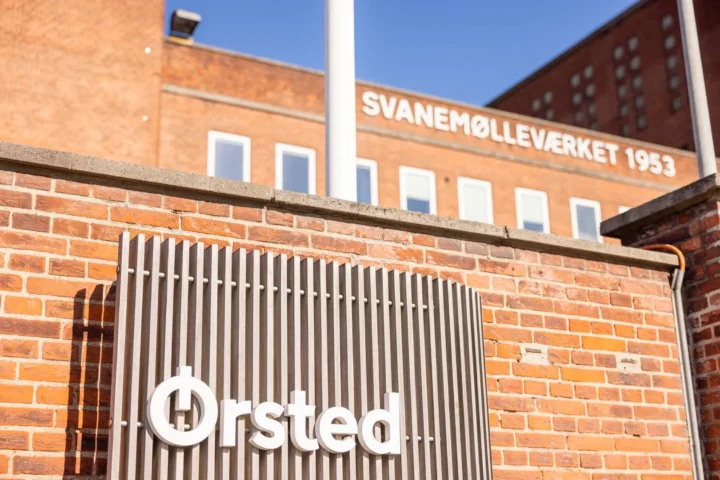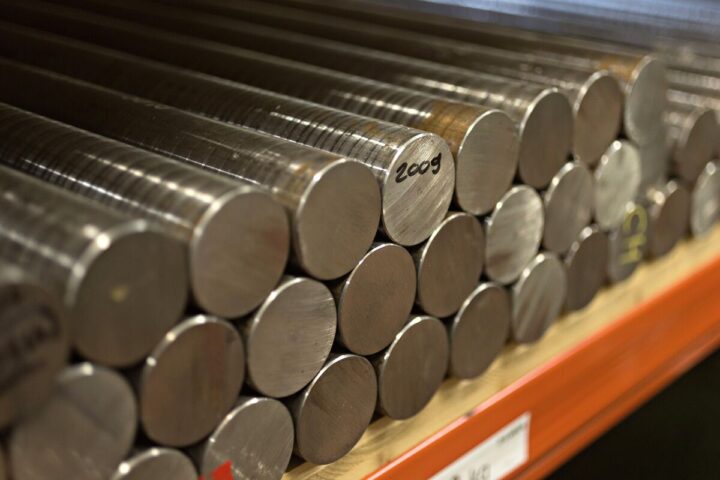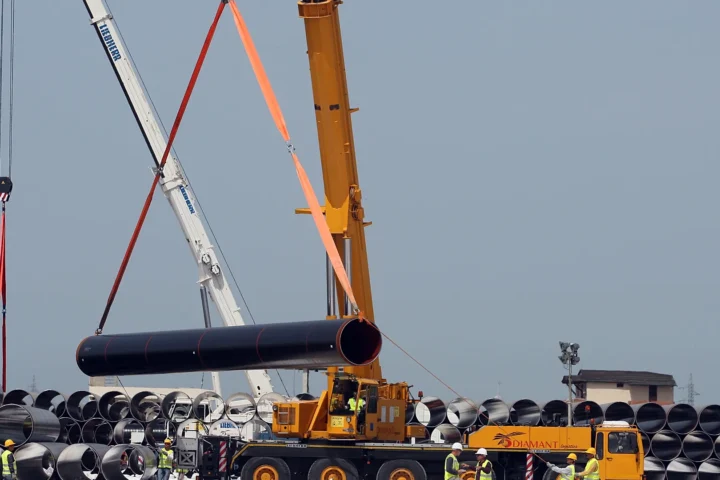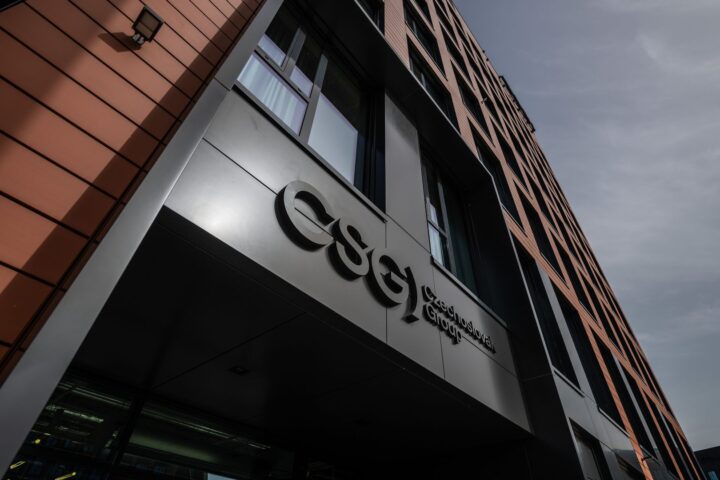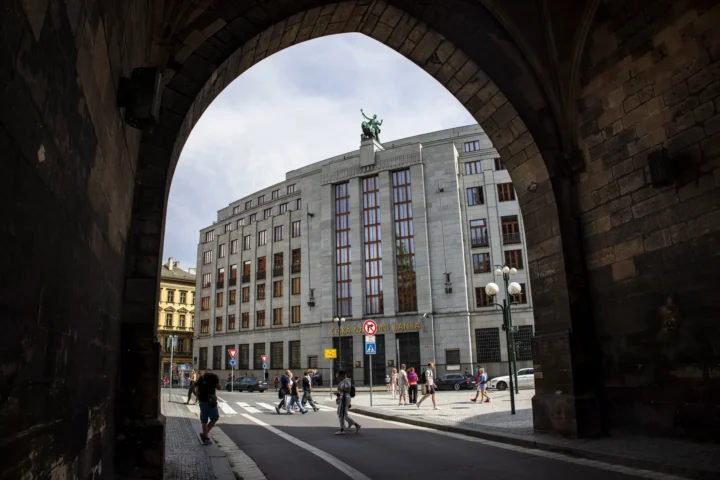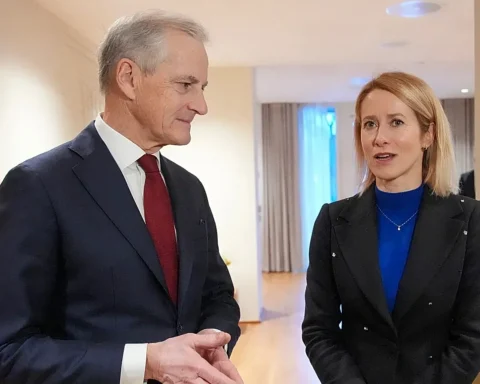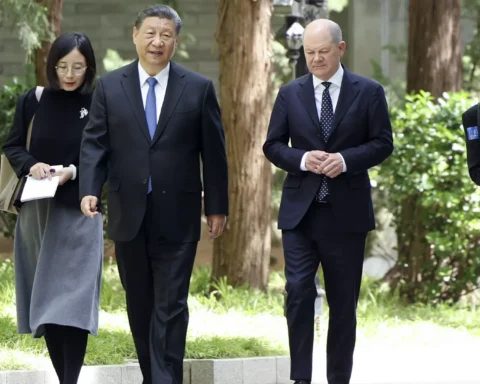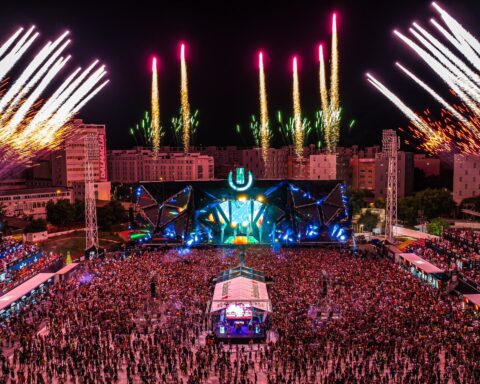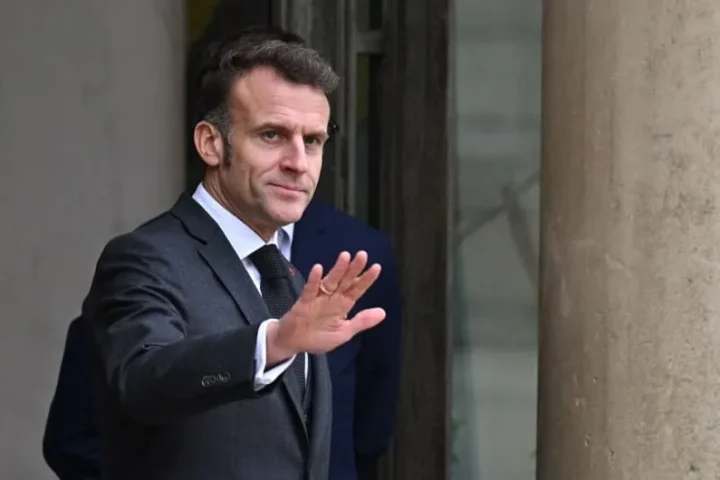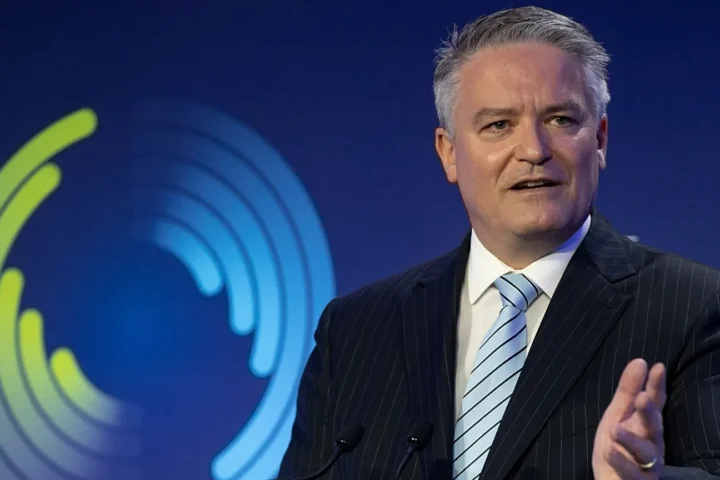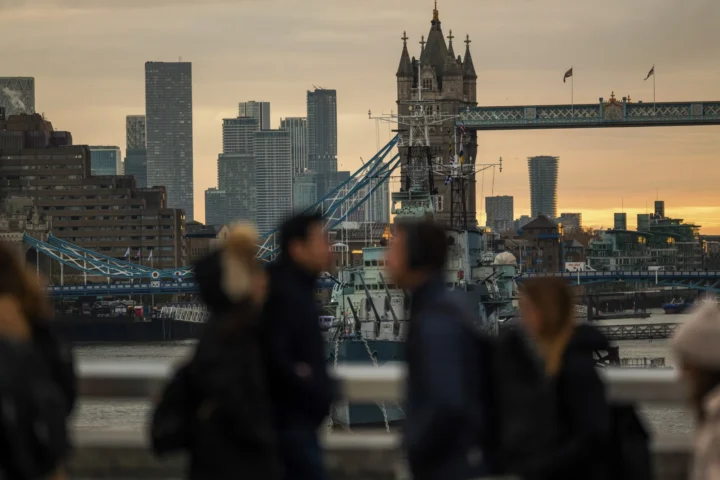Germany’s state-owned railway giant, Deutsche Bahn (DB), is preparing for a pivotal leadership transition following the announcement that its CEO will be stepping down. The decision comes amid mounting pressure over service disruptions, infrastructure bottlenecks, and a turbulent financial performance that has drawn criticism from government officials, commuters, and freight customers alike.
The leadership change opens the door to a high-stakes search for a successor—one who must navigate a complex mix of political expectations, operational challenges, and the urgent need to modernize the country’s rail network.
Why the Shake-Up Happened
Deutsche Bahn has faced persistent public dissatisfaction over delays, overcrowding, and poor punctuality rates, compounded by years of underinvestment in infrastructure. Despite substantial government subsidies and investment commitments, improvements have been slow to materialize.
Industry insiders say the outgoing CEO’s tenure was marked by ambitious modernization plans but limited visible progress, eroding confidence among key stakeholders. The German government—DB’s sole shareholder—has been particularly vocal in its demand for a fresh leadership approach capable of delivering measurable improvements in both passenger and freight services.
The Qualities the Next CEO Needs
The search for DB’s next chief executive is already underway, and the criteria are clear:
- Proven operational expertise in managing large, complex transport systems.
- Political acumen to work closely with federal and state governments, labor unions, and EU regulators.
- Vision for modernization that includes digitization, sustainability, and infrastructure expansion.
- Crisis management skills to restore public trust and deliver quick wins in punctuality and service quality.
Given DB’s role as both a national and European rail operator, the position demands a unique blend of corporate leadership and public service mindset.
Potential Contenders
While no official shortlist has been released, speculation in the German business press points to a mix of internal candidates and seasoned transport executives from other sectors. Internal options could offer continuity and deep knowledge of DB’s operations, while external candidates might bring fresh perspectives and a break from entrenched practices.
Some analysts suggest that an appointment from the airline, logistics, or technology sectors could inject new thinking into DB’s modernization strategy—especially as the company works to integrate advanced digital traffic management systems and expand its high-speed rail network.
The Stakes for Germany’s Rail Future
The leadership transition comes at a critical juncture for Deutsche Bahn. The company is expected to play a central role in Germany’s climate goals, shifting more freight from road to rail and reducing emissions from domestic travel. Meeting these objectives will require major upgrades to aging infrastructure, investment in green technologies, and the execution of large-scale projects with minimal disruption to current services.
The next CEO will also face the challenge of balancing profitability with public service obligations, as DB’s performance directly affects millions of daily commuters and the competitiveness of German industry.
Conclusion
Deutsche Bahn’s upcoming change at the top is more than just a personnel move—it’s a defining moment for the future of Germany’s rail network. The company’s next leader will inherit not only operational headaches but also a once-in-a-generation opportunity to transform Deutsche Bahn into a more reliable, modern, and sustainable transport backbone for Europe’s largest economy.
The question remains: who has the skill, vision, and political deftness to take the driver’s seat at one of the most scrutinized transport companies in the world?
